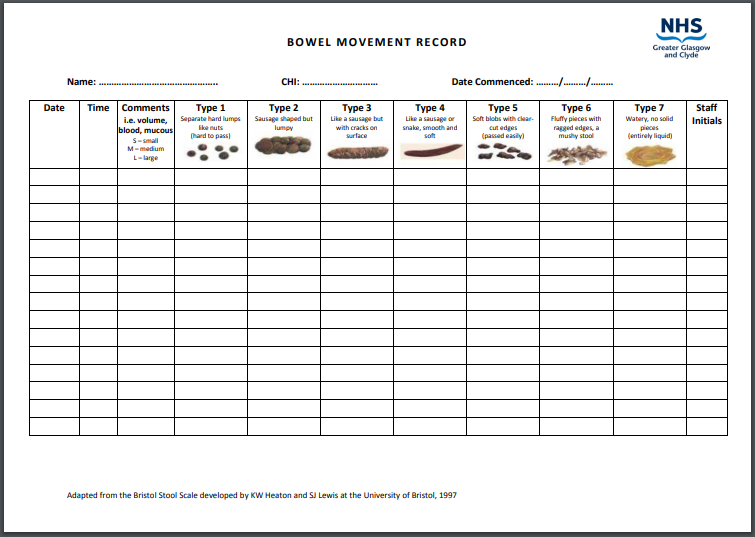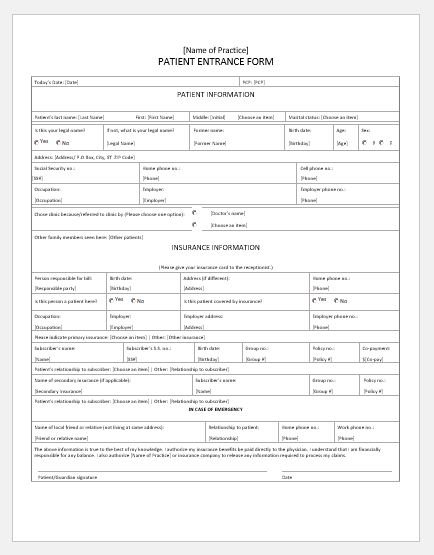Our digestive system has several functions besides digesting food and absorbing nutrients to help other organs function properly. The human digestive system starts in the mouth cavity and ends in the anal canal.
Every part of the digestive system performs several important functions in the body. The glands from the oral cavity to the lower digestive tract, the lymph nodes, and the tract release hormones and enzymes necessary for proper digestion. We can’t imagine our lives without a properly functioning digestive system.
Bowel Movements
By bowel movements, we mean the movement in the large intestine. Our large intestine contains most unwanted waste products from the movement, which are now moving out of the digestive tract as stool.
Bowel movements happen as a result of the rhythmical movement of the haustrations of the large intestine, and this makes the food move out of the body through the anal canal. The myenteric and Meissner’s plexus control the movement, and these mechanisms result in bowel movements.

The Tracker File >> MS Excel (.xlsx)
Normal Bowel movements
Bowel movements are variable from person to person, and the term “normal” cannot be generalized and applied to everyone.
Regular bowel movements may be from two to three times a day to once a week, and none is considered abnormal. It depends on a person’s dietary habits, lifestyle, and many other factors.
Usually, it is considered the routine by which one is most comfortable—the regular bowel movement.
Bowel Sounds
Bowel sounds are produced when food is pushed through the large intestines. So, it is very much possible that you hear bowel sounds quite often. The regular frequency of bowel sounds is also variable. Usually, bowel sounds are audible every two to three minutes. But they can be more or less.
Decreased bowel sounds indicate constipation, especially in a post-surgical patient. Bowel obstruction and perforation are especially suspected, and special attention is given after surgery.
Bowel Movement Tracker
- A bowel movement tracker determines the difference between normal and abnormal movements and their frequency.
- Once a patient’s regular bowel movements have been established, the abnormal routine can be easily ruled out and treated promptly.
- The date in the first column of the movement tracker must be filled in. It must be filled out every day to get a better idea of bowel movements.
- The next column must be filled out to determine if the patient/person has had any bowel movements.
- The number of bowel movements is noted daily because this is the only way to determine a person’s regular frequency.
- The nature of stool is also mentioned in the case of regular bowel movements and constipation. The color, consistency, and associated symptoms like pain, bleeding, etc. are all mentioned.
- It is also important to mention the treatment option in case of constipation or diarrhea faced by the patient.

- Trackers for Medical Facilities
- Diabetes Management Plan Sheet for Students
- Claim Form for Health Insurance Policies
- Application Form for Accreditation of Hospital
- Doctor Workplace ID Card Templates
- Doctor Prescription Pads
- Health Assessment Form Template
- Baby Kick Counter Template
- Miscarriage Medical Certificate
- Personal Health Record Sheet
- Vaccine Storage Temperature Checker
- Travel Declaration Form for COVID-19
- Hospital Cleaning Log
- Pain Log Template
- Multiple Patient Vital Sign Flow Sheet


